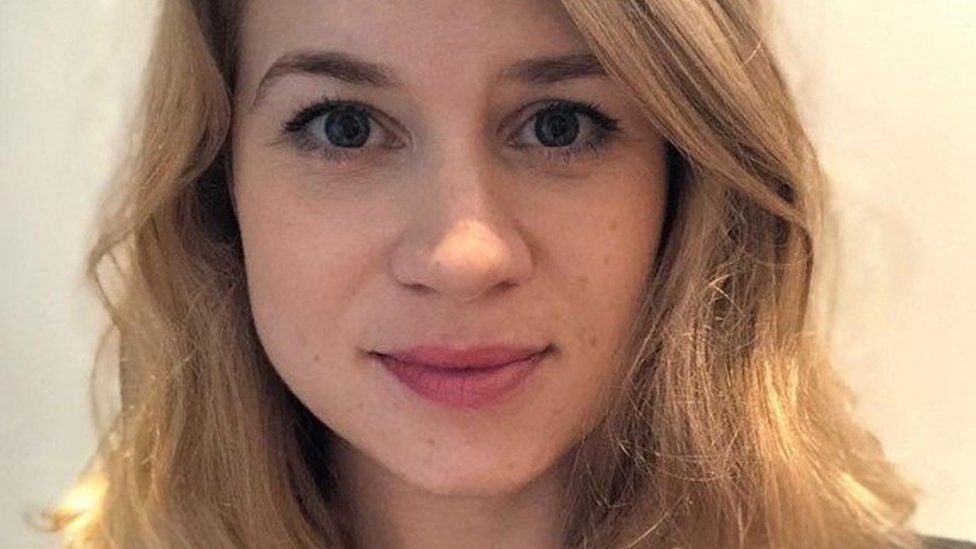From CCTV to a hire car: How the Sarah Everard murder was solved
Couzens tried to wipe phone data and destroy remains before he was arrested
Wayne Couzens had served as a police officer for a decade when he decided to commit his own heinous crime.
The firearms officer went to extensive lengths to cover his tracks, but failed to hide his involvement in the kidnap and murder of Sarah Everard.
Couzens tried to wipe data from his mobile phone around 40 minutes before he was arrested, but cell site data still linked him to the place she disappeared and the area where her body was found.
He had been identified as a prime suspect after police investigators who trawled CCTV and cameras on London buses for sightings of Ms Everard discovered that she had got into a white Vauxhall Astra.
Checks identified the vehicle was from a car hire firm in Dover, and had been rented by Couzens using his own name and bank card hours before the abduction.
Police traced the vehicle’s movements using CCTV and automatic number plate recognition (ANPR), to identify areas where he could have taken Ms Everard.
At some point on the night of the abduction, he transferred her into his own vehicle, and police hope that ongoing forensic analysis will show exactly where she was raped and murdered.
The officer returned home to his wife following the abduction on 3 March, and returned to the Astra the following morning. He then used planned leave over the following days to attempt to destroy evidence.
Cell site data shows that Couzens returned several times to a small patch of woodland, which he and his wife purchased in 2019.
He burnt Ms Everard’s body among rubbish and concealed her remains inside a large green rubble bag, which was dumped in a stream.
But after conducting searches of the area sparked by the phone data, police discovered the remains and were able to identify them using dental records.
The evidence so far heard in court showed that Couzens had undertaken extensive planning for the crime.

Three days earlier, he hired the car that he would use to trawl the streets for a victim and purchased plastic film that can be used to protect upholstery.
Later that day, the married father-of-two travelled to a fast food restaurant in south London where an incident of indecent exposure was reported.
The court heard that he and Ms Everard were “complete strangers”, and investigators believe Couzens was driving around looking for victims in the Astra when he spotted her walking home.
At around 9pm on 3 March, she had set off on foot for the two-and-a-half-mile journey home, chatting with her boyfriend on the phone as she walked.
A camera attached to a passing marked police car captured her walking alone at 9.32pm.
Just three minutes later, a bus camera appeared to capture the moment she was intercepted by Couzens in Balham, south London.
Two figures could be seen standing by the hire car, which was parked on the pavement with its hazard lights flashing.
Couzens has not yet admitted the details of his crimes, after initially concocting an elaborate false story claiming an “Eastern European gang” pressured him into the kidnapping.
Investigators have been looking into the possibility that he used his police warrant card to convince Ms Everard to get into the car, at a time when coronavirus lockdown laws meant that police could challenge people on their reasons for being outside.
In the days that followed, Couzens reported to his superiors that he was suffering from stress and did not want to carry a gun any more.
On 8 March, when he was due to return to work, he did not report for duty and claimed to be ill.
At 7.11pm the following day, he wiped all data from his phone, minutes before being arrested at his home in Deal at 7.50pm.
The phone was seized and analysis of cell site data led to Ms Everard’s remains being discovered on 10 March.
Couzens joined the Metropolitan Police in 2018 and was serving as a firearms-trained parliamentary and diplomatic protection officer at the time of the killing.
He had previously been in the Civil Nuclear Constabulary since 2011, guarding sensitive sites, and previously volunteered with Kent Police from 2005 to 2009.
Couzens initially denied killing Ms Everard but he pleaded guilty to murder on Friday, having previously admitted rape and kidnap. He will be sentenced in September.



